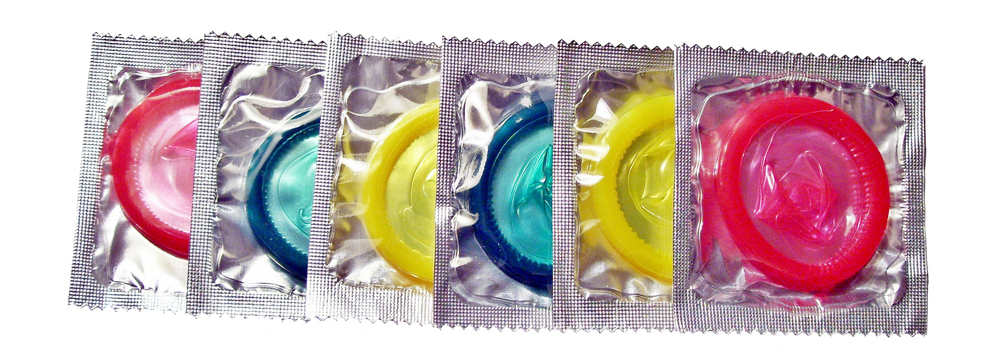 We all know that safe sex is important, but everyone has a question or two lurking in the back of their minds that they know they should be able to answer, but can’t. So we’ve put together a few of the most commonly-asked questions about sexual health.
We all know that safe sex is important, but everyone has a question or two lurking in the back of their minds that they know they should be able to answer, but can’t. So we’ve put together a few of the most commonly-asked questions about sexual health.
What’s the most effective and safest form of contraception?
There are a number of contraceptive methods which are more than 99% effective when taken or applied properly. The combined contraceptive pill and progestogen-only pill both record at least 99% effective results. Long-active reversible contraceptive methods (injections, implants, IUS and IUD) are all more than 99% effective as well.
A contraceptive patch or vaginal ring, when applied correctly, is 99% effective. Permanent contraception measures including female sterilisation and male sterilisation (vasectomy) also operate nearly 100% of the time – although one in 2,000 men can become fertile again after an operation.
Can women get pregnant at any point of their menstrual cycle?
Although it is more likely women will get pregnant when having sex at certain points of the menstrual cycle, it is possible to fall pregnant any day of the month. Women are most likely to get pregnant when having sex during ovulation – most commonly 12–14 days before the next period.
It is least likely a woman will be impregnated during sex in the days following their period, but sperm can survive in the body for up to seven days – so it is important to use contraception throughout the month.
Where is my nearest STI clinic?
The NHS Choices site includes a search tool to help you find your closest sexual health clinic and support service. All of the NHS sexual health clinics offer free and discreet treatment and advice.
Klaus Erling Johansen GUM Specialist Nurse at CNWL says: ‘It couldn’t be easier to get yourself checked out so there’s no need to take the risk of passing on an infection. Anyone who is sexually active should be tested regularly. Some infections don’t show up in symptoms, especially in men – but they can still be passed on, and can often be much more serious for women.’
What are femidoms used for?
Like the name suggests, femidoms are an equivalent of condoms worn by women. Used as a barrier against pregnancy and sexually transmitted infections; femidoms are placed inside the vagina. Femidoms have a 95% success rate against pregnancy and are available from contraception clinics and sexual health centres.
Can I use lube with condoms?
Some lubes have been designed to be used with condoms, making sex safer and more comfortable. It is important to double check whether the lube you are planning to use can be used with a condom – as some oily and greasy lubes can damage the latex, potentially breaking the condoms and increasing the risk of pregnancy and sexually transmitted infections.
Do thinner condoms break easier than normal condoms?
Thinner condoms from trusted manufacturers are just as safe and durable as thicker condoms. This means they are not more likely to break than condoms of a greater thickness. Many people find that a thinner condom offers more sensation during sex than thicker condoms – without compromising safety.
Will the Pill kill my sex drive?
There is no research to support this theory – with many women finding the reassurance against pregnancy actually increases their sex drive due to a heightened sense of security. Some women do experience a reduced sex drive when first going on the pill but these side-effects tend to subside within a few months.
Image credit: Balint Roxana/www.123rf.com
